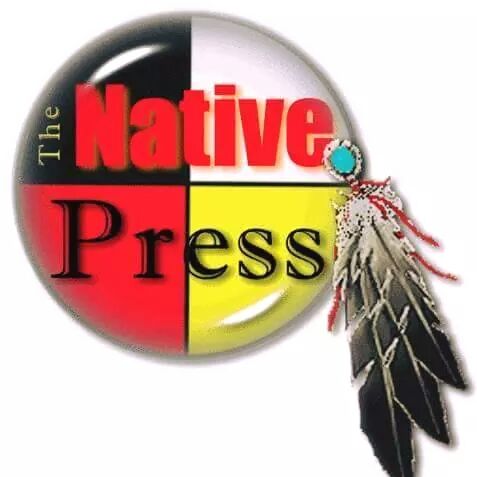The Salt River First Nation in Fort Smith, N.W.T., is working to eliminate drug use in the community with a three-day event planned for next week to discuss the issue and look for solutions.
The event will feature brainstorming, info sessions, and guest speakers. The organizers want to raise awareness and educate the community on illicit drug use in the North.
An online poster for the event says it’s an effort to “save our community.”
Brad Tuckey of Fort Smith will be one of the speakers there. Tuckey lost his son Brandan to fentanyl in 2022, and his daughter Emily to suicide earlier this year. Tuckey said his daughter’s death was related to drug use.
“I knew it was drugs pretty quickly,” he said. “Drugs made her feel helpless. Drugs made her feel like she was a burden on everybody.”
Tuckey says his children were outgoing and bright, and he worries that people lose sight of their personalities and potential when they hear about their struggles with addiction.
“It doesn’t do them justice,” he said.

Tuckey grew up in Fort Smith and says he now sees a town vulnerable to addiction, with easy access to toxic drugs and residents pressured to use them. He feels the problem gets worse each year.
Tuckey believes drug dealers are deliberately targeting young people because of their vulnerability. He says kids are often “bullied” into using and selling illicit drugs.
“These drugs are pushed on them and hard. The drug dealers that we know, they’re not out selling them — they’re getting younger people and our kids’ friends to sell,” Tuckey said.
Tuckey hopes his grief can become a call to action. He doesn’t want anyone else to lose a child to addiction and he hopes the tragedy his family experienced will serve as a reminder of what’s at stake for the North.
“You do better when you know better,” he said. “We’ve got to make a stand.”
Tuckey says he has stopped participating in some social and sports activities to avoid being around people he believes are profiting from the drug trade.
“I don’t want to associate with them,” he said.
“My goal is that they walk around with their heads down, you know what I mean, and be ashamed to be in our community — and hopefully they will leave,” he said. “We have to take our community back.”
‘We all gotta take a personal responsibility’
Wally Schumann, a long-time resident of Hay River and former territorial cabinet minister, agrees. He lost his 27-year-old son CJ to fentanyl nearly three years ago.
Schumann said losing his son was a turning point and motivated him to speak openly about his loss, hoping to break the silence around drug-related issues in small, tight-knit communities like Hay River.

“Drugs don’t have a bias against anyone, right from young people to old people,” he said. “There’s all different types of people that use drugs for different reasons, and we can see the effects of what’s happening in our community.”
Schumann says the issue is bigger than any one individual or family and that there are many factors to address. He’s advocating for communities to take a more active role in protecting young people.
Recent incidents in Hay River — including last weekend, when police said a person was shot in the community and that it’s believed to be related to drugs and organized crime — have shaken the community. To Schumann, those incidents highlight the urgent need for collective action. It can’t just be up to the RCMP or the government, he said.
“We all gotta take a personal responsibility and assist on how we’re going to address this problem,” Schumann said.
“It takes a community to raise a child.”
Schumann says the effect of toxic drugs on small northern communities is “enormous.”
“We’re such a small, tight, dense population.”
Both Tuckey and Schumann hope community members recognize the seriousness of the issue and rally behind solutions, no matter how difficult. They say the three-day community event planned next week in Hay River offers an opportunity to do just that, and they hope people will make it a priority to attend.
“These stories need to be heard,” Tuckey said. “I’ve lost too much.”
He says he struggles now to answer when someone asks how many kids he has.
“But at the end of the day, I’m a father of three,” he said.
“Two of them are not here, but I’m still their father today, and I’m still their voice.”
Next week’s event will be held at the Salt River First Nation conference centre, Nov. 20 to 22.
CBC tried to contact the Salt River First Nation chief, who was unavailable for comment.

